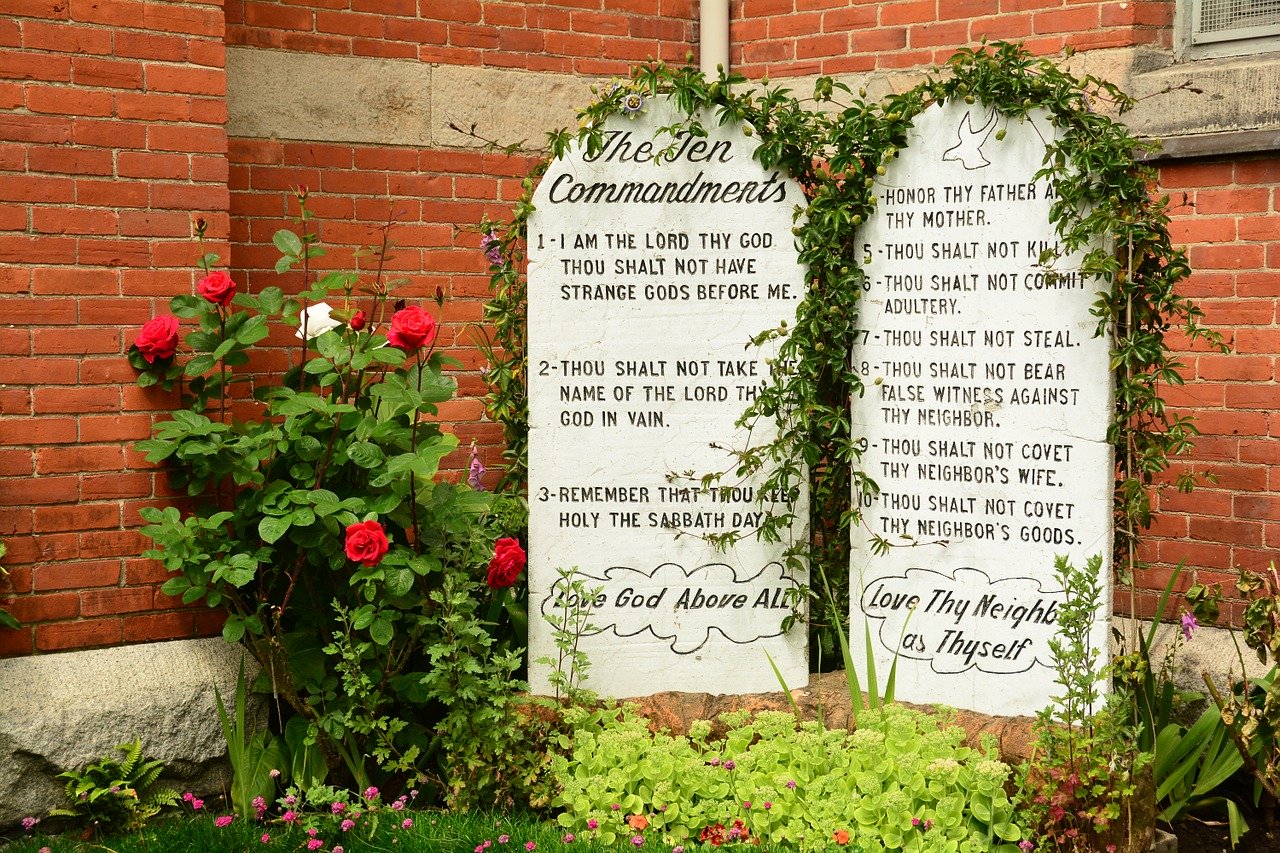The tithe is not money. The biblical tithe consists of agricultural goods (i.e., crops and livestock) offered to support the tribe of Levi. However, many preachers argue believers should pay money because we don’t live in an agrarian society. Despite their view, the Bible states that the LORD only tithes in the form of agricultural produce and livestock.
Table of Contents
- Preachers Want the Money (Not the Biblical Tithe)
- The True Definition of a Tithe
- Listen to the Podcast
- Frequently Asked Questions About Tithes
- Outsmart the False Teachers
Preachers Want the Money (Not the Biblical Tithe)

MANY PREACHERS TEACH that Christians must pay tithes in the form of money (i.e., 10 percent of your income). Even when the Bible clarifies that the tithe did not consist of money, some preachers insist that a monetary tithe is justified.
One of the arguments used is that ancient biblical society was agricultural-based. Therefore, paying tithes in the form of agricultural products was expected. And since we live in a money-based economy, the tithe should be paid with money.
The True Definition of a Tithe
In this video, I build upon the biblical definition of a tithe and explore whether the argument mentioned above is biblical and valid. Part 2 of this teaching series is based upon Chapter 8 of my book The Tithing Hoax, entitled Tithing Did Not Consist of Money.
Scripture reference:
Genesis 23: 15-16, KJV
15 My lord, hearken unto me: the land is worth four hundred shekels of silver; what is that betwixt me and thee? bury therefore thy dead.
16 And Abraham hearkened unto Ephron; and Abraham weighed to Ephron the silver, which he had named in the audience of the sons of Heth, four hundred shekels of silver, current money with the merchant.
Genesis 33:19, KJV
19 And he bought a parcel of a field, where he had spread his tent, at the hand of the children of Hamor, Shechem’s father, for an hundred pieces of money.
Listen to the Podcast
Frequently Asked Questions About Tithes
What Are Tithes and Offerings in the Bible?
In the Bible, tithes refer to the practice of the ancient Israelites giving one-tenth of their land produce to the Lord, primarily to support the Levites, the Temple, and communal needs. Offerings, on the other hand, were gifts given to God beyond the tithe, often voluntarily, and could vary in amount.
Both tithes and offerings were ways for ancient Israel to honor God. Leviticus 27:30 (KJV) states, “And all the tithe of the land, whether of the seed of the land, or of the fruit of the tree, is the LORD’s: it is holy unto the LORD.” This verse emphasizes the sanctity and dedication of the tithe to the Lord.
What Are the Three Tithes?
In the Old Testament, there are references to three distinct tithes:
- Levitical Tithe: This was the regular tithe given annually, primarily for the support of the Levites who had no inheritance in the Promised Land. The Levites, in turn, gave a tenth of this tithe to the priests.
- Festival Tithe: This tithe was to be consumed by the Israelites themselves during the religious festivals in Jerusalem.
- Poor Tithe: Taken every third year, this tithe supported the Levites, strangers, orphans, and widows.
Deuteronomy 14:28-29 (KJV) speaks of the third tithe, saying, “At the end of three years thou shalt bring forth all the tithe of thine increase the same year, and shalt lay it up within thy gates: And the Levite, (because he hath no part nor inheritance with thee,) and the stranger, and the fatherless, and the widow, which are within thy gates, shall come, and shall eat and be satisfied; that the LORD thy God may bless thee in all the work of thine hand which thou doest.”
Why Is Tithe Not Biblical?
The argument that tithing is not a New Testament commandment for Christians stems from the belief that tithing was an Old Testament practice, specifically for the Israelites, and was related to the Mosaic Law. With the advent of Jesus and the New Covenant, many believe Christians are no longer under the Law but under grace.
Tithing is discussed in the Old Testament. The New Testament emphasizes cheerful giving based on one’s heart. Scripture encourages believers to give according to their ability, not a set percentage.
2 Corinthians 9:7 (KJV) states, “Every man according as he purposeth in his heart, so let him give; not grudgingly, or of necessity: for God loveth a cheerful giver.” This verse emphasizes the spirit of giving rather than a strict mandate.
Outsmart the False Teachers

Discover the hidden truth about tithes the prosperity preachers don’t want you to know.👉👉 Click here.








